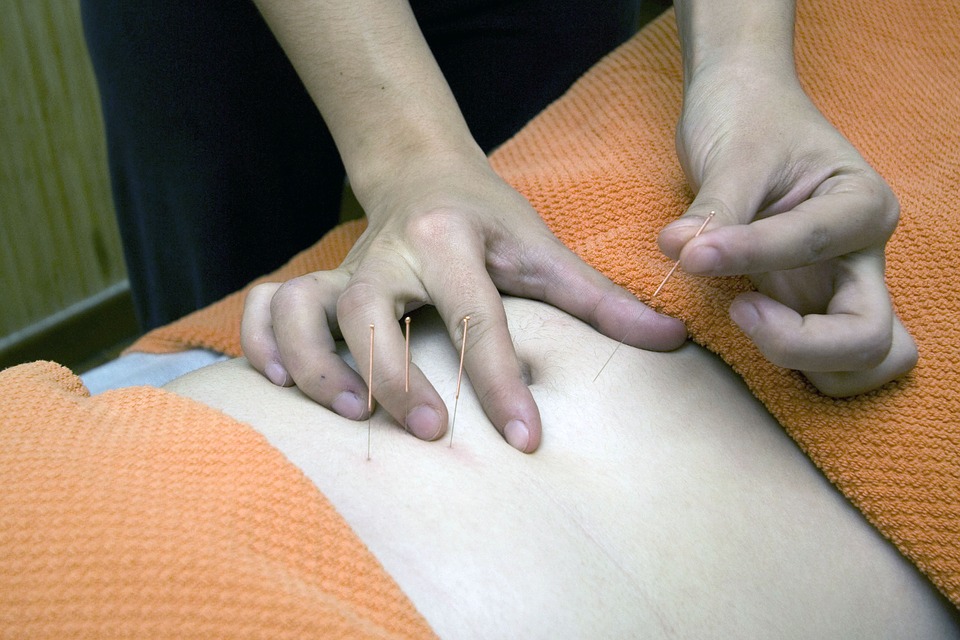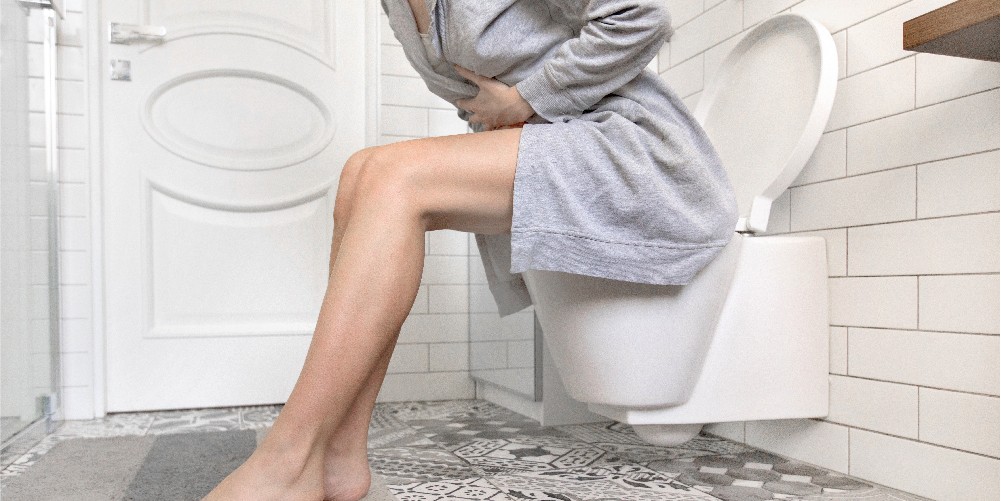Constipation is a disturbance of bowel function, chronic retention of stool for more than 48 hours. Today, constipation is a disease of highly developed countries: in the West, about 30% of the adult population suffers from it, and until recently, it was a problem only for the elderly. Now, more and more young people and children are suffering from constipation.
Constipation Symptoms
One of the main symptoms of constipation is irregular bowel movements (less than once every two days or three times a week). Second, a thickening of the stool consistency and difficulty defecating (the need to push) are also symptoms to look for. If you feel that you are not emptying your bowels, have increased gas production, flatulence, abdominal pain, belching, and an unpleasant taste in your mouth, you should also report the problem of constipation.
There are accompanying symptoms, such as the presence of chronic constipation, which results in nausea, abdominal pain, loss of appetite, headaches and muscle aches, cramps, and fever. General nervousness, a bad mood and changes in complexion (it takes on a yellowish tinge, loses its elasticity) may also occur.
Causes of Constipation
According to the types of reasons for the onset of constipation, they are generally divided into:
Food constipation – occurs due to a person’s poor eating habits. The cause of food constipation is an insufficient supply of fibre to the intestine, which stimulates its secretion. A monotonous and unhealthy diet and insufficient amounts of fruit and vegetables consumed can cause a delay in defecation.

Foods that complicate bowel movements are semolina and rice porridge, coffee, chocolate, blueberries, slimy soups, and jelly.
Neurogenic constipation – the lumbar and sacral spinal cord centers are responsible for the urge to empty. In contrast to the regulatory mechanisms of defecation, constipation occurs.
The suppression of the emptying tendency at work, outdoors, etc., also leads to regular bowel movement problems. Neurogenic constipation also includes constipation that occurs when traveling by train or plane.
A type of hypodynamic constipation is directly related to a sedentary lifestyle and lack of physical activity. Pregnant women, the elderly, office workers, etc., are prone to constipation.
In the presence of problems with the large intestine, automatic compression of the large intestine by the intestine during a trauma, intestinal tumors, there will be the appearance of a type of mechanical constipation.
Endocrine type of constipation – occurs with thyroid dysfunction, diabetes mellitus. Often occurs with hormonal changes in the body during the climacteric period.
Medicated constipation – caused by taking certain medications: sleeping pills, diuretics, antidepressants, painkillers, etc.
Treatment of Constipation
Many people are unaware of constipation symptoms, believing that mild laxatives can solve the problem of delayed emptying. In reality, however, things work out entirely differently.
The treatment of intestinal problems begins with the diagnosis and identification of the causes of the disease. One of the primary methods for determining the cause of constipation is general examination, palpation method, pulse diagnosis, and bioresonance. Once the diagnosis has been made, you can start to opt for the appropriate treatment.
There are some natural and chemical-free techniques treatment for constipation, which includes:
– acupuncture – effect on the bioactive points responsible for the functioning of the stomach, small and large intestine, and pancreas. Helps to normalize stool, restore the natural defecation process, improve the digestion process;

-acupressure – relieves emotional stress, muscle blockages, improves innervation and blood circulation in the intestines, normalizes appetite;
-herbal medicine and homeopathy, as methods of gentle stimulation of the motility of the gastrointestinal tract, have also shown their great effectiveness;
-an essential factor is the normalization of the diet and adherence to a diet with the inclusion of foods rich in plant fiber. With an integrated approach and following the doctor’s recommendations, it is possible to get rid of constipation and normalize stool without the use of laxatives.
Do you suffer from constipation? What do you do to alleviate or treat it? Remember to share your tips in the comments below.


